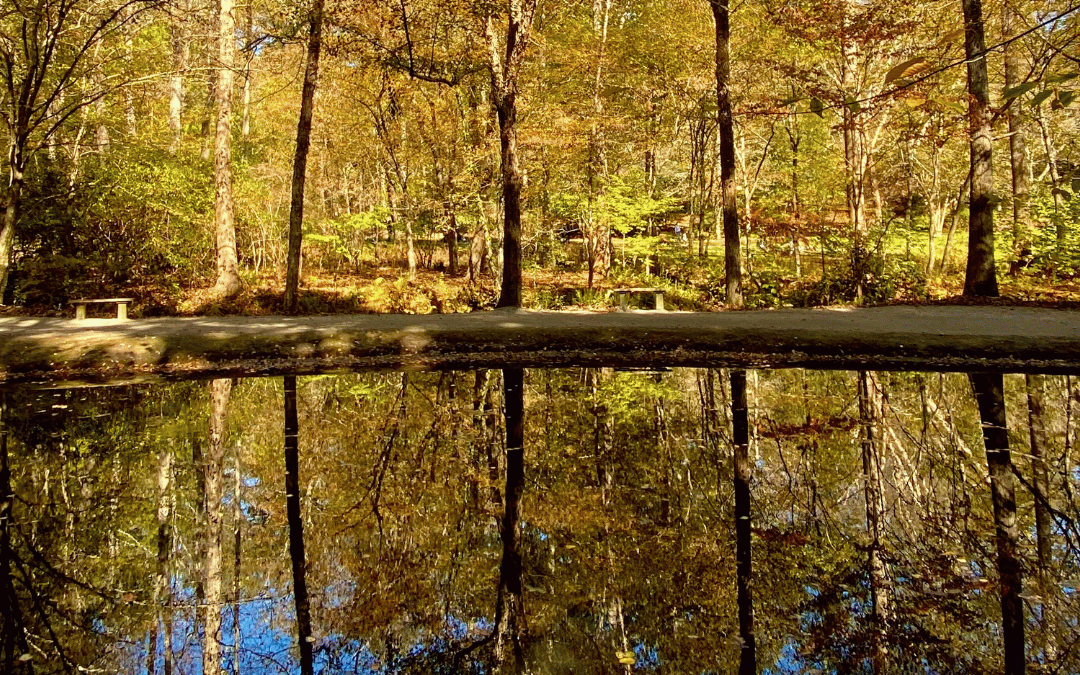The Psychological Benefits of Forest Therapy for Urban Life
Urban living comes with its challenges: endless noise, digital overload, and the daily grind. It’s no surprise that stress and anxiety levels are soaring in cities. But what if the answer to finding calm lies in something as simple as stepping into nature? Forest Therapy, rooted in the practice of Shinrin-yoku (forest bathing), offers urban residents a way to reconnect with nature and themselves.
Key Psychological Benefits of Forest Therapy
- Stress Reduction: Research shows that spending time in nature lowers cortisol levels, the body’s stress hormone, leading to feelings of relaxation. Regular exposure to green spaces helps regulate the nervous system, decreasing symptoms of chronic stress.
- Mood Enhancement: Natural environments can alleviate symptoms of depression and anxiety. Studies confirm that even short walks in green spaces can elevate mood and promote a sense of happiness. This is due, in part, to increased exposure to sunlight and the restorative effects of greenery.
- Improved Focus: Attention Restoration Theory suggests that exposure to natural settings helps restore mental energy and improve concentration. This can be particularly valuable for individuals experiencing “urban fatigue” caused by overstimulation and constant demands on their attention.
Why Does Forest Therapy Work?
The healing power of nature lies in its ability to immerse us fully in the present. Forest Therapy emphasizes slowing down, engaging the senses, and building a mindful connection with the natural world. Here are some reasons why it works:
- Sensory Engagement: Unlike urban settings filled with artificial stimuli, nature offers organic sights, sounds, and smells that soothe the mind.
- Reduced Cognitive Load: Natural environments provide a mental break from constant multitasking, allowing the brain to recharge.
- Biophilia Hypothesis: Humans have an innate connection to nature, and Forest Therapy taps into this bond, fostering feelings of peace and belonging.
Practical Tips for Urban Residents
Even in a bustling city, you can enjoy the benefits of Forest Therapy by making small, intentional changes to your routine:
- Visit Green Spaces: Seek out local parks, community gardens, or tree-lined streets. Start with short, regular visits to these areas, focusing on quiet times when they’re less crowded.
- Sensory Awareness: Practice engaging all your senses. Notice the rustling of leaves, the scent of flowers, or the texture of tree bark. Close your eyes for a moment and focus solely on the sounds around you.
- Unplug: Leave your phone behind or switch it to airplane mode to fully immerse yourself in the experience. If safety concerns make this challenging, consider silencing notifications and using your phone only for emergencies.
- Create a Ritual: Design a simple Forest Therapy practice you can repeat, such as starting every morning with a short walk or spending lunch breaks under a tree.
Forest Therapy offers an accessible way to improve mental well-being amidst the pressures of city life. By engaging your senses and embracing the healing power of nature, you can cultivate greater calm and clarity. Why not take a moment today to pause, breathe, and connect with the natural world around you?
If you would like to join a group Forest Therapy session in Wakefield, take a look at our upcoming sessions here.

